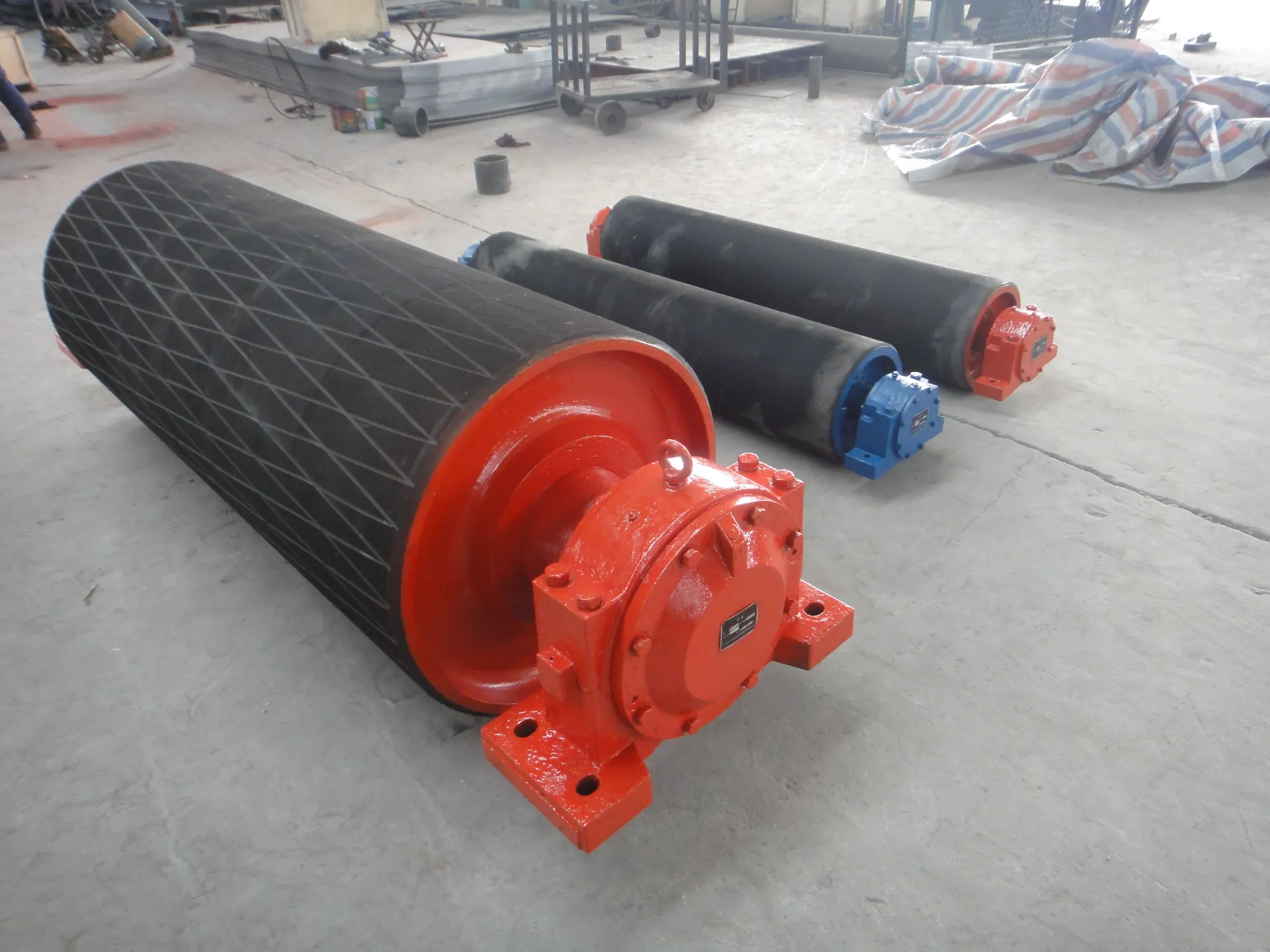 Afrikaans
Afrikaans  Albanian
Albanian  Amharic
Amharic  Arabic
Arabic  Armenian
Armenian  Azerbaijani
Azerbaijani  Basque
Basque  Belarusian
Belarusian  Bengali
Bengali  Bosnian
Bosnian  Bulgarian
Bulgarian  Catalan
Catalan  Cebuano
Cebuano  Corsican
Corsican  Croatian
Croatian  Czech
Czech  Danish
Danish  Dutch
Dutch  English
English  Esperanto
Esperanto  Estonian
Estonian  Finnish
Finnish  French
French  Frisian
Frisian  Galician
Galician  Georgian
Georgian  German
German  Greek
Greek  Gujarati
Gujarati  Haitian Creole
Haitian Creole  hausa
hausa  hawaiian
hawaiian  Hebrew
Hebrew  Hindi
Hindi  Miao
Miao  Hungarian
Hungarian  Icelandic
Icelandic  igbo
igbo  Indonesian
Indonesian  irish
irish  Italian
Italian  Japanese
Japanese  Javanese
Javanese  Kannada
Kannada  kazakh
kazakh  Khmer
Khmer  Rwandese
Rwandese  Korean
Korean  Kurdish
Kurdish  Kyrgyz
Kyrgyz  Lao
Lao  Latin
Latin  Latvian
Latvian  Lithuanian
Lithuanian  Luxembourgish
Luxembourgish  Macedonian
Macedonian  Malgashi
Malgashi  Malay
Malay  Malayalam
Malayalam  Maltese
Maltese  Maori
Maori  Marathi
Marathi  Mongolian
Mongolian  Myanmar
Myanmar  Nepali
Nepali  Norwegian
Norwegian  Norwegian
Norwegian  Occitan
Occitan  Pashto
Pashto  Persian
Persian  Polish
Polish  Portuguese
Portuguese  Punjabi
Punjabi  Romanian
Romanian  Russian
Russian  Samoan
Samoan  Scottish Gaelic
Scottish Gaelic  Serbian
Serbian  Sesotho
Sesotho  Shona
Shona  Sindhi
Sindhi  Sinhala
Sinhala  Slovak
Slovak  Slovenian
Slovenian  Somali
Somali  Spanish
Spanish  Sundanese
Sundanese  Swahili
Swahili  Swedish
Swedish  Tagalog
Tagalog  Tajik
Tajik  Tamil
Tamil  Tatar
Tatar  Telugu
Telugu  Thai
Thai  Turkish
Turkish  Turkmen
Turkmen  Ukrainian
Ukrainian  Urdu
Urdu  Uighur
Uighur  Uzbek
Uzbek  Vietnamese
Vietnamese  Welsh
Welsh  Bantu
Bantu  Yiddish
Yiddish  Yoruba
Yoruba  Zulu
Zulu Feb . 18, 2025 00:36
Back to list
Belt Conveyor Idler
Understanding the Importance of Conveyor Roller Idlers in Material Handling Systems
The expertise in selecting the right conveyor roller idler involves understanding the specific needs of the application. Factors such as load capacity, speed, impact resistance, and environmental conditions must be considered. Rolling resistance is another critical factor; selecting idlers with low rolling resistance can significantly improve energy efficiency and reduce operational costs. By working with reputable suppliers and manufacturers that provide high-quality and customized solutions, companies can enhance both the performance and reliability of their material handling systems. Authoritativeness in this domain comes from a combination of experience, detailed knowledge, and adherence to the highest standards of quality and safety. Leading manufacturers invest heavily in research and development to innovate idler design, such as incorporating sealed bearings and advanced lubrication systems that enhance performance and extend the lifespan of the idlers. Employing advanced technologies like computer-aided design (CAD) and finite element analysis (FEA) allows manufacturers to simulate and optimize the performance of conveyor roller idlers before they are even installed. Trustworthiness in a manufacturer or supplier is also paramount when it comes to conveyor roller idlers. Companies looking for trustworthy partners should prioritize manufacturers who offer comprehensive product documentation, certifications, and after-sale support. Transparent communication about product specifications and capabilities can prevent costly mismatches in the idlers' application, ensuring that operational expectations are met without unnecessary expenditure. In conclusion, the expertise and careful consideration required in selecting and maintaining conveyor roller idlers are critical to the overall efficiency and reliability of material handling systems. As industries continue to advance toward more automated processes, the role of these seemingly simple components will likely become even more significant. Investing in high-quality conveyor roller idlers not only supports the immediate operational needs but also strategically aligns with future-proofing industrial processes, ensuring that systems remain at peak performance for years to come.


The expertise in selecting the right conveyor roller idler involves understanding the specific needs of the application. Factors such as load capacity, speed, impact resistance, and environmental conditions must be considered. Rolling resistance is another critical factor; selecting idlers with low rolling resistance can significantly improve energy efficiency and reduce operational costs. By working with reputable suppliers and manufacturers that provide high-quality and customized solutions, companies can enhance both the performance and reliability of their material handling systems. Authoritativeness in this domain comes from a combination of experience, detailed knowledge, and adherence to the highest standards of quality and safety. Leading manufacturers invest heavily in research and development to innovate idler design, such as incorporating sealed bearings and advanced lubrication systems that enhance performance and extend the lifespan of the idlers. Employing advanced technologies like computer-aided design (CAD) and finite element analysis (FEA) allows manufacturers to simulate and optimize the performance of conveyor roller idlers before they are even installed. Trustworthiness in a manufacturer or supplier is also paramount when it comes to conveyor roller idlers. Companies looking for trustworthy partners should prioritize manufacturers who offer comprehensive product documentation, certifications, and after-sale support. Transparent communication about product specifications and capabilities can prevent costly mismatches in the idlers' application, ensuring that operational expectations are met without unnecessary expenditure. In conclusion, the expertise and careful consideration required in selecting and maintaining conveyor roller idlers are critical to the overall efficiency and reliability of material handling systems. As industries continue to advance toward more automated processes, the role of these seemingly simple components will likely become even more significant. Investing in high-quality conveyor roller idlers not only supports the immediate operational needs but also strategically aligns with future-proofing industrial processes, ensuring that systems remain at peak performance for years to come.
Next:
Latest news
-
Revolutionizing Conveyor Reliability with Advanced Rubber Lagging PulleysNewsJul.22,2025
-
Powering Precision and Durability with Expert Manufacturers of Conveyor ComponentsNewsJul.22,2025
-
Optimizing Conveyor Systems with Advanced Conveyor AccessoriesNewsJul.22,2025
-
Maximize Conveyor Efficiency with Quality Conveyor Idler PulleysNewsJul.22,2025
-
Future-Proof Your Conveyor System with High-Performance Polyurethane RollerNewsJul.22,2025
-
Driving Efficiency Forward with Quality Idlers and RollersNewsJul.22,2025
OUR PRODUCTS





























